SuccessStory
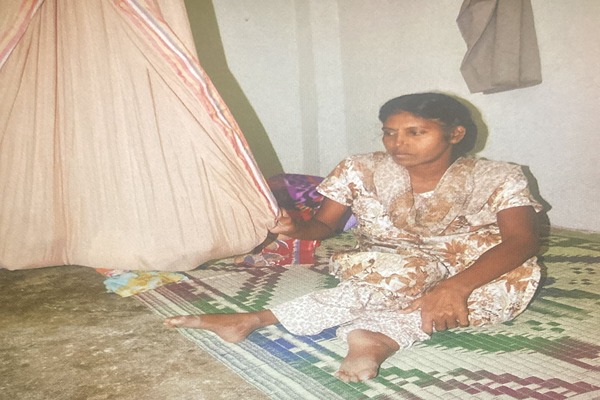
"My disability can never stand as an obstacle in my life- "
40-years-old, Chitra, has a loco-motor disability. She has studied upto class 12th and has decent knowledge about computers and Tally. She managed to get a job in a local export company but could not continue due to her disability. Her husband,
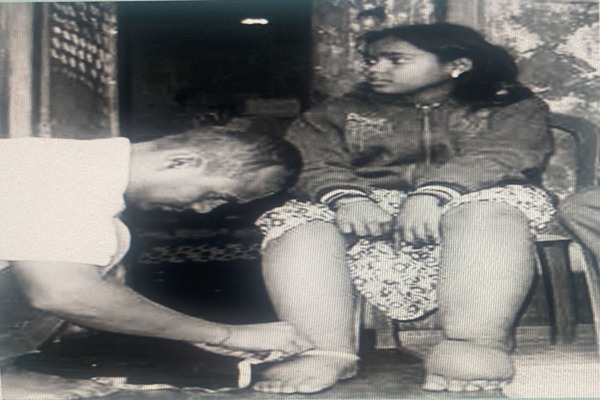
"I AM MORE THAN MY DISEASE"
The eighth-grade student Saptaparna, 14, lives with her family in the Malda District of West Bengal. She had been sick when she was three and had noticed that both of her legs were very swollen. She began receiving care at a nearby clinic, but her health showed no signs of recovery.
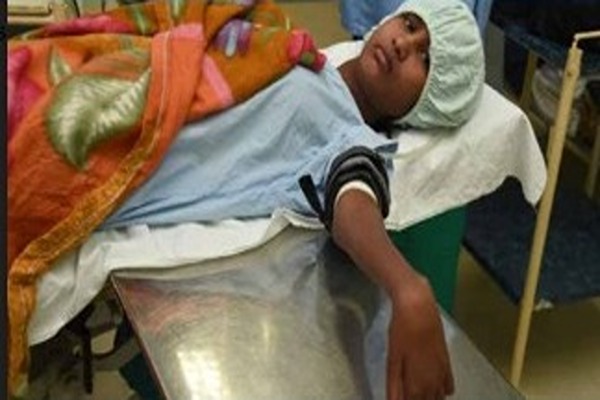
"Teenager chooses Hope over Fear"
Darshna, 15-year-old, stays with her mother and five siblings at Dhugni Village, Maharastra. Darshna’s mother is a sole breadwinner in the family.Due to prolonged illness, Poor Darshna was forced to drop out of school. Darshna’s condition hinted symptom of leprosy. (MB MDT).
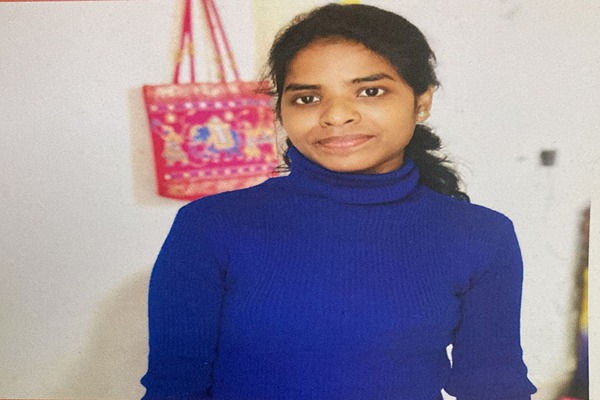
“Awareness is the Greatest Agent for Change”
Poonam, 22-year-old, stays with her aunt at a shanty slum of New Delhi. She had to drop out of school as she was diagnosed with MDR-TB. Poonam’s aunt, sole breadwinner, was unable to give timely care towards Poonam’s health.
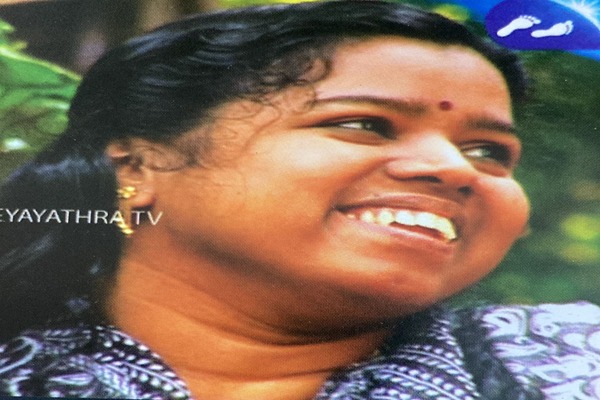
"Growing Beyond Limits"
Sajitha, a 36 year old woman, born with a mild muscular dystrophy is defying disability with her exceptional talent and personality. Father's early departure and losing two brothers to disability; Sajitha and her mother were scarred for life.
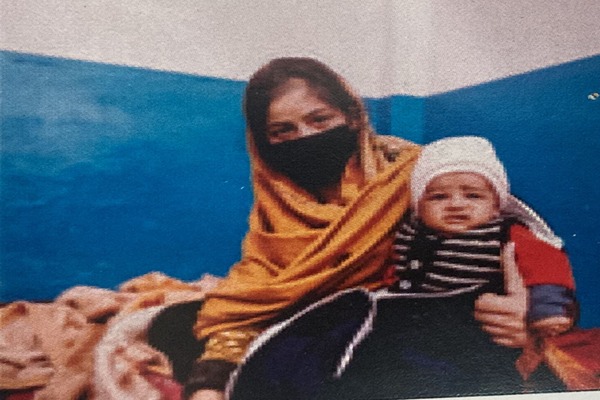
“When she was not accepted by her family”
Heeba is a 21 year old woman suffering from MDR TB. She recalls that she might have contracted tuberculosis from her maternal uncle when she had gone to visit him. After a few months of her marriage she found a boil in her back.
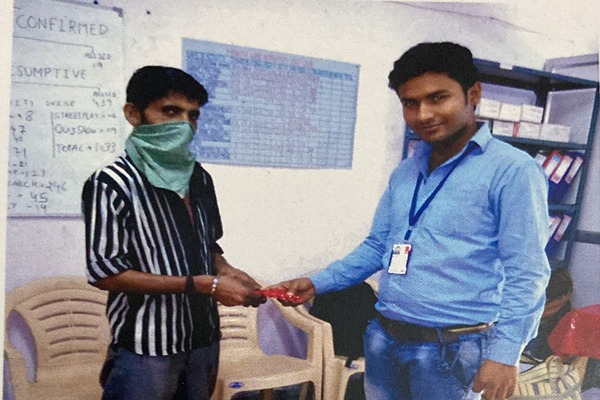
“When he was alone fighting with TB”
Loss of parents and distributed childhood compelled Raju to run away from home when he was merely 8 years old. Since then he has been traveling and been with the truckers. Hence, he could not read or write.Today, he is a 30 year old man and is a truck driver.
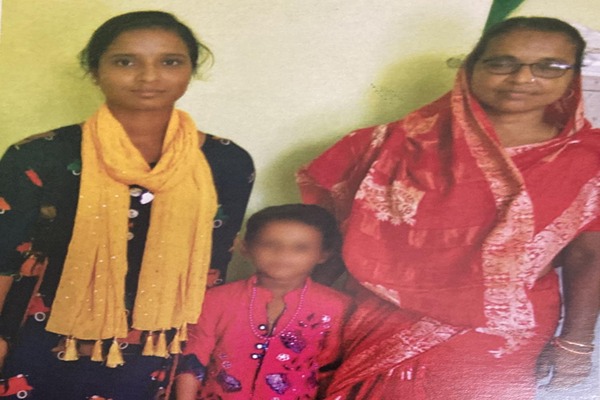
“Nisha’s fight against leprosy”
Nisha (name changed), five years old village girl, had reddish skin patches over the legs and back of the thigh. She had no treatment history of leprosy earlier. A local doctor referred to K.P.C. Medical College, Jadavpur but her mother ignored the advice.
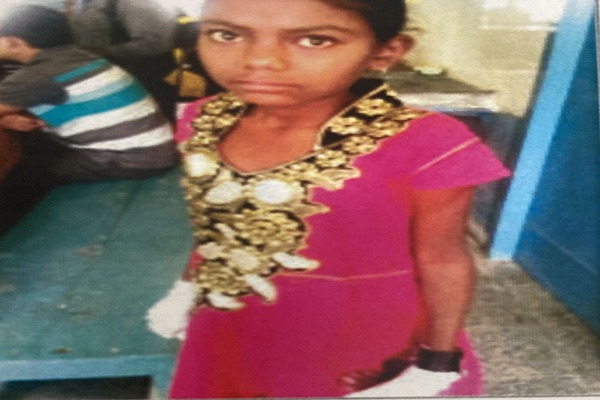
“Even disease can’t stop her dreams”
A brave girl Preeti from Telangana at the age of 14 has found few patches on her body until when she was studying in 9th standard. Later Consulted at Nizamabad Hospital, she was diagnosed with leprosy and was given MDT Child dose, but while taking medicine, her fingers started clawing .
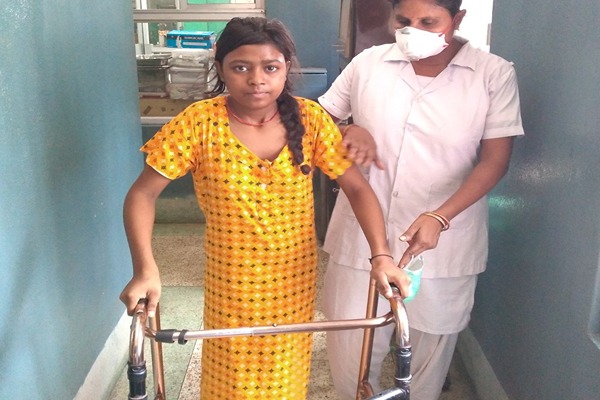
MOUSSUMI KHATOON
Moussumi Khatoon, a 15 year old girl, lives with her parents in Shibpur, Howrah, West Bengal. GLRA Team first met Moussumi in April 2020, when she was suffering from paraparesis caused by the spinal TB. Paraparesis immobilises only the legs of the affected patient while his/her arms can still move. Such patients frequently lose all sensation in their legs, and some become incontinent, which means they can no longer control their stool and urine. They pass stool and urine uncontrollably in their beds or clothes.
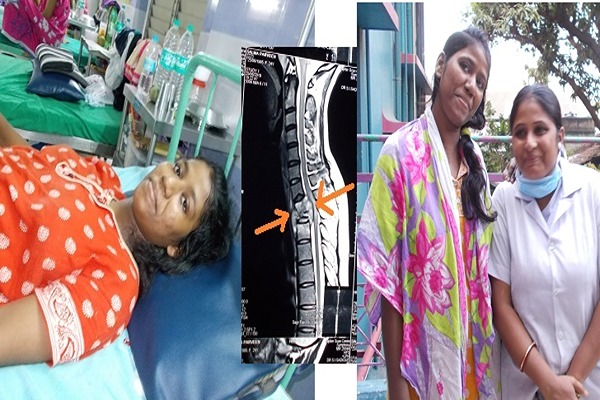
SALMA KHATOON
Salma Khatoon is a 24 years old lady from a large urban slum called Pilkhana in Howrah, West Bengal. She is unmarried and lives with her parents.In the year 2019, Salma fell sick with tuberculosis (TB) of the spine, involving the upper three vertebrae of dorsal spine. She became paraparetic due to which she could not move or had any sensation in her legs. This happens due to nerve damage in the spinal column housing the nerves from the brain to various body parts and backwards.
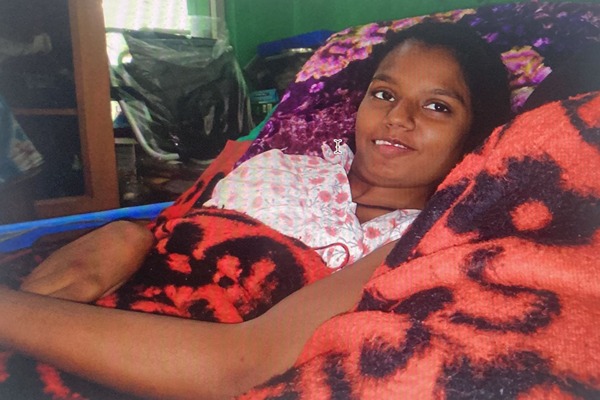
KAINAT NAAZ
Kainat Naaz is a 20 years old woman with a tuberculosis affecting the brain and the surrounding of the brain, which is called meninges. Kainat is under treatment in the indoor ward of St. Thomas Home for ten months now. When we got to know her, she was in a comatose state and didn’t respond to questions. She showed an unspecific reaction only when she was turned around in the bed. The mother informed us that additionally there was an unspecific reaction when the mother called her name.
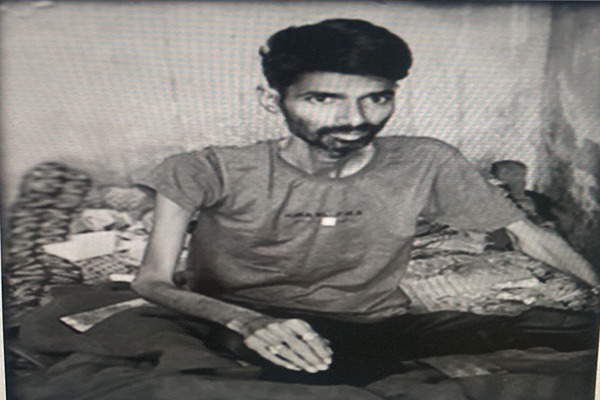
CHANDRASHEKAR
Chandrashekhar || 35 || Carpenter || Jaipur ||
Chandrashekar is married with 5 children, working as a carpenter in VKI area but due to sickness he left his job and was sitting idle at home. His wife then started working in a factory in the VKI area.
